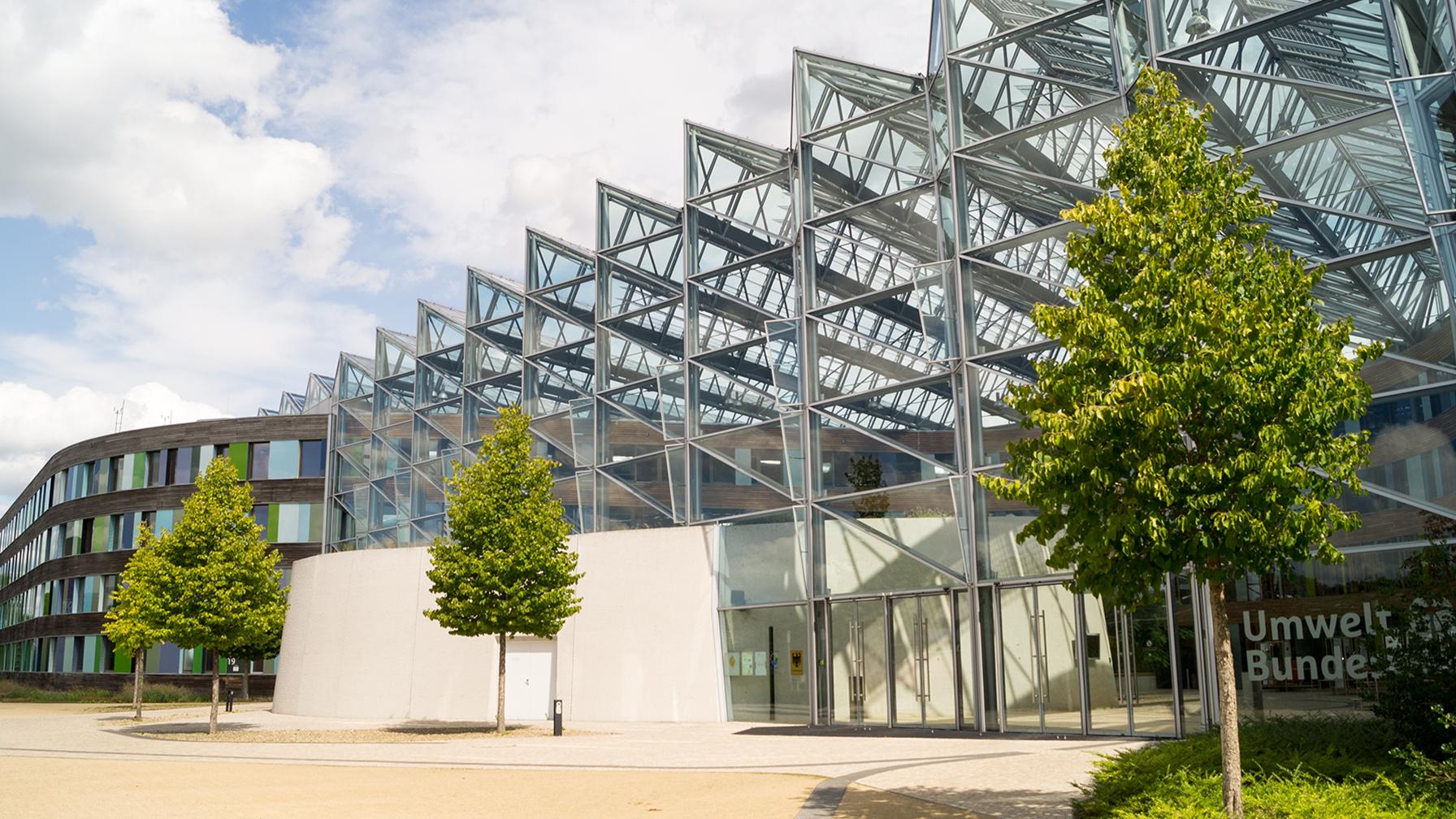has been President of the German Environment Agency since 2020. He is also co-founder of the UN-mandated Coalition for Digital Environmental Sustainability. An internationally recognised expert on sustainability, he previously served as Director of the Institute for Environment and Human Security at the United Nations University in Bonn (UNU-EHS). He was also Vice-Rector of UNU and Co-Chair of the German Advisory Council on Global Change (WBGU).
 Martin Stallmann
Martin Stallmann
‘Without digitalisation we cannot achieve the climate goals’
An interview with Professor Dirk Messner, President of the German Environment Agency, on climate action and digitalisation
Mr Messner, the negative impacts of the climate crisis are becoming increasingly evident. At the same time, our world is becoming more and more digital – with consequences for the economy and society that remain unforeseeable. What does this mean for international cooperation?
For years I have argued against discussing the sustainability agenda (which includes climate action) and digital transformation in separate forums. We need to consider these two fundamental transformations together. By that I mean we should be thinking in terms of climate action in a digital age.
How are these two topics linked?
When we talk about international climate action, we should see digitalisation and artificial intelligence as an integral part of programme development. AI-driven applications are absolutely essential, especially when it comes to data collection and processing. They help us to understand and analyse correlations and changes. We can also use digital innovations in a very practical way for climate action. Furthermore, we need to make digitalisation itself sustainable. Billions are being invested in digital infrastructures worldwide. This should be done in a way that protects the climate and resources. So far, however, no standards have been developed for green digital infrastructures.
What role do digital applications play in climate action?
The first thing is data modelling. AI applications boost our ability to predict the dynamics of climate change. This gives us a better basis for planning climate action. When it comes to climate action itself, AI applications can make it easier to develop circular economies and manage resources, for instance. We can use them to visualise resource consumption and make it transparent along the entire value chain. Fifteen years ago, it wouldn’t have been possible to do this for a car with a global value chain, for example. Today, we can map resource flows in digital spaces in real time and improve resource management. In the future, consumers will also be able to obtain information about the resource consumption of a product from its barcode and consider this in their purchasing decision.
Can digital applications help us to stay within the internationally agreed 1.5-degree limit for global warming?
Without digital innovations and AI, it would probably be difficult to achieve the international climate goals. They are tools for solutions. Nevertheless, we need to link climate action planning with digital expertise systematically in all the relevant sectors, including transport, urban development, energy, agriculture and industry. And the same goes for development cooperation.
What challenges does this pose for countries in the Global South?
On the one hand, these countries can skip development stages. With electricity supply, for example, they can use low-cost, variable renewable energy with greater flexibility that also includes distributed generation thanks to smart grids. Most of the countries have not set up a national fixed telephone network. Instead, they’ve gone straight to the mobile phone age. On the other hand, the Global South is in danger of being left behind on research and development for digital infrastructures. However, countries can only include innovations in their own development strategies if they understand the key trends. This means that they need their own research capacities.
How should the international community support countries in the Global South in harnessing digitalisation for climate action?
We certainly see some real ‘digital champions’ – in Africa, for example. Nonetheless, many of these countries need much more than just investment in their digital infrastructures. International cooperation should also aim to strengthen digital research and digital education in the Global South, so that these countries have the opportunity to participate in driving technological innovation independently. I also hope that the UN Global Digital Compact, which is currently being negotiated, will generate fresh impetus for effectively scaling and sharing digital capacities for all of our sustainability goals.
What role do you think Germany should play in this?
Germany could develop robust strategies on how to organise the development of green digital infrastructures in international cooperation. What standards should apply for climate neutrality, and for energy and resource efficiency? German development cooperation could play a pioneering role here, together with European partners.
 Susanne Kambor
Susanne Kambor